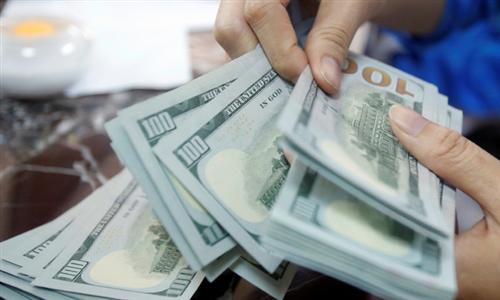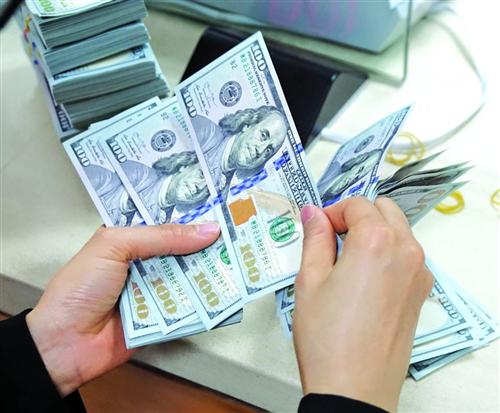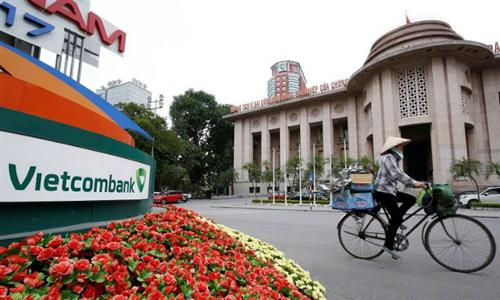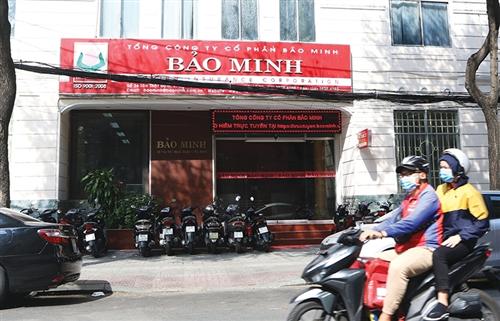Banks urged to further support COVID-19 affected customers
Banks urged to further support COVID-19 affected customers
Governor of the State Bank of Viet Nam Le Minh Hung has called on commercial banks to urgently simplify lending procedures to help COVID-19-affected firms easily access preferential interest rate loans. 
But he said banks must still meet lending standards to ensure the safety and stability of the financial and banking system.
Banks needed to determine that support for borrowers was their responsibility to the system and the economy, Hung said, emphasising the measures were effective for both the banking system and borrowers.
Despite appreciating initial efforts made and results, Hung asked banks to drastically put in place supporting measures.
He stressed that State-owned commercial banks must speed up the process of working with customers to solve problems.
“Banks must share difficulties at a maximum for borrowers both during and after the coronavirus pandemic,” Hung said.
“They should use revenue gained from reducing input costs to cut lending interest rates for affected firms and increasing provision for risky loans.”
Besides corporate customers, the Governor also asked banks to consider restructuring debts for individual customers.
The SBV’s Credit and Communications departments must report to him results of the process regularly, he said.
To support businesses during the coronavirus pandemic, banks have introduced credit packages worth VND285 trillion with low interest rates. However, many businesses claimed they could not access them and proposed that banks ease lending rules.
Nghiem Xuan Thanh, chairman of Vietcombank, said most companies that could not access the package are inefficiently operating their businesses. Banks would not ease lending standards as they must avoid risks, Thanh noted.
The package does not come from the State budget but from commercial banks. Some experts noted that it aims to offer loans with low interest rates to businesses during the pandemic but will not rescue inefficient businesses that are unable to pay their debts.
Tran Hoang Ngan, head of the HCMC Economic Development Institute, said "Banks are themselves businesses so they are always afraid of bad debts.
"If banks struggle with bad debts, the situation will worsen, similar to the 2008-09 financial crisis," he added.
Banks are not the only source of aid for businesses. Ngan said to save small- and medium-sized enterprises that find it hard to access the stimulus package, the Government should add more money to the credit guarantee fund.
It is estimated that some 23 per cent of outstanding loans belongs to COVID-19 affected corporations and individual customers who work in processing, manufacturing, transportation, accommodation, catering, services, education and training industries.
According to Nguyen Quoc Hung, director of the SBV’s Credit Department, in the current situation, it is forecast the bad debt ratio of the banking system will increase this year and negatively affect the country’s plans to deal with bad debts and recover poor-performing banks.
As directed by the Government and the SBV, banks have so far restructured debts worth VND62.83 trillion for 166,544 COVID-19 affected customers. The interest rate cut for 289,204 existing borrowers is estimated at some VND3.53 trillion.
Banks have also agreed new loans with preferential interest rates for 146,571 customers totalling VND511.23 trillion.






















